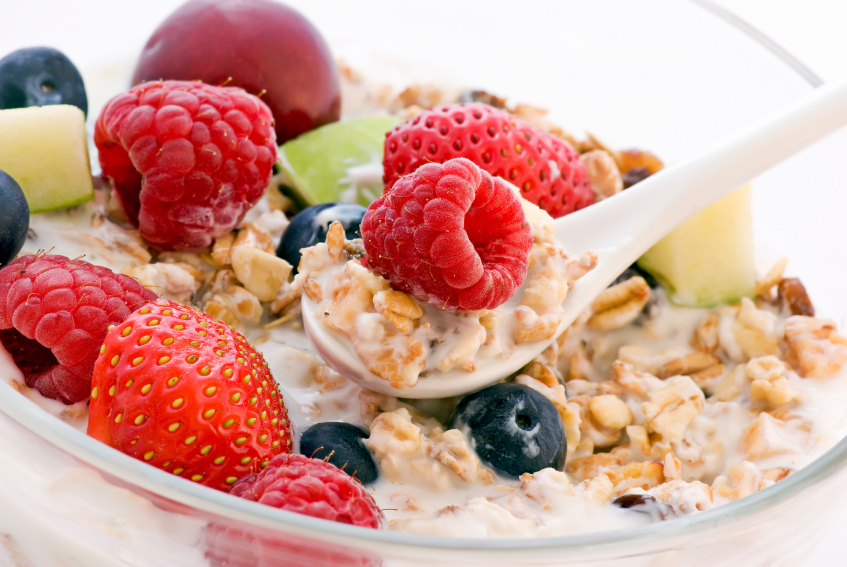Did you know that heart disease is the reason for almost one in every four deaths? Every year, about 735,000 Americans have a heart attack. The numbers tend to be more alarming for women as statistics show that every one in three suffer from heart disease. The month of February is dedicated to promoting heart-healthy decisions. Your heart already works hard enough, so why treat it poorly and make it work even harder?

A wholesome diet is one of the best ways to protect you from cardiovascular issues. Here are 10 quick nutrition tips to a healthy heart:
1. Eat a variety of fresh fruits and vegetables. They’re natural and low-calorie, contain little to no sodium, help maintain healthy cholesterol levels, and are tasty. Why not choose plant-based foods?
2. Lay off of the salt. There is a direct relationship between sodium intake and blood pressure; sodium retains fluids and can put an extra workload on your heart and blood vessels. For an item to be considered “low sodium,” it should be listed as <140 mg on the nutrition label.
3. Choose lean meats and poultry without the skin.
4. When ordering, choose foods that have been grilled, baked, steamed, or poached instead of fried, sautéed, smothered, or au gratin.
5. If you drink alcohol, drink in moderation. Alcohol raises blood pressure and encourages weight gain, both initiating future heart problems.
6. Fiber is your new best friend. It lowers cholesterol, decreases blood pressure, and protects against strokes and diabetes. Find fiber in whole grains, vegetables, beans, and the skin of fruits.
7. Choose healthy unsaturated fats, such as nuts, olive oil, and avocados. Saturated fats (i.e. butter, cheese, beef, or fast food) raise your cholesterol, making it hard to circulate blood through your body. If a fat sets solid at room temperature, it is saturated; try to limit the consumption of these.
8. Cook at home so you can avoid extra fat and know exactly what is going into your meals.
9. Avoid concentrated sweets, potato chips, and other packaged foods. Without the salt shaker, about 75 percent of dietary sodium comes from processed foods.
10. Participate in 30 to 60 minutes of physical activity three times a week. An active heart is a healthy heart.
Sources:
www.goredforwomen.org
www.heart.org
